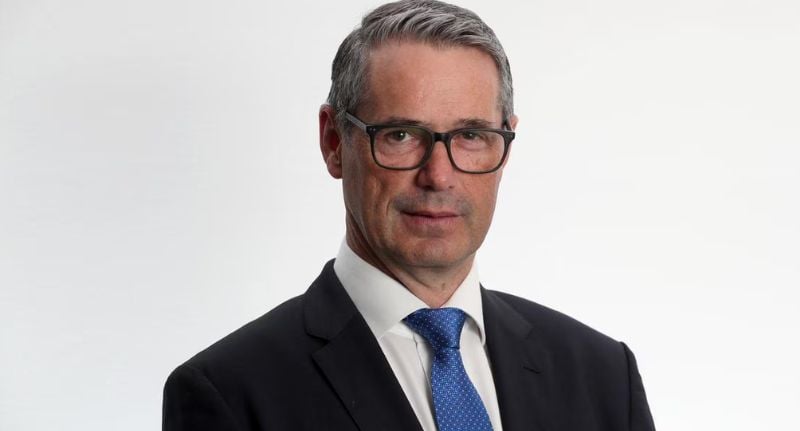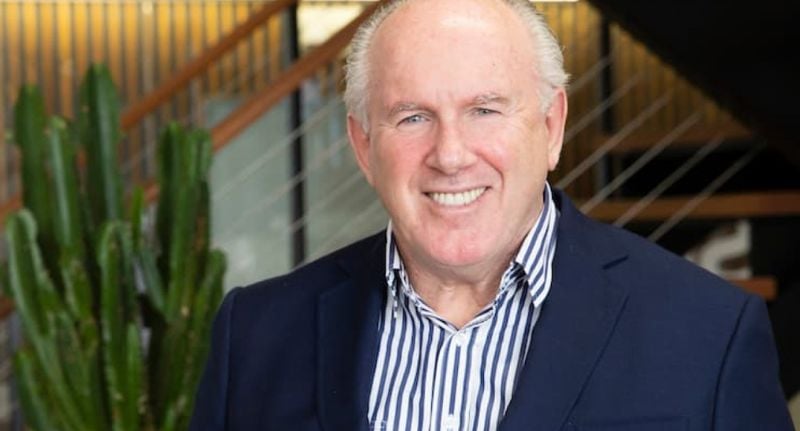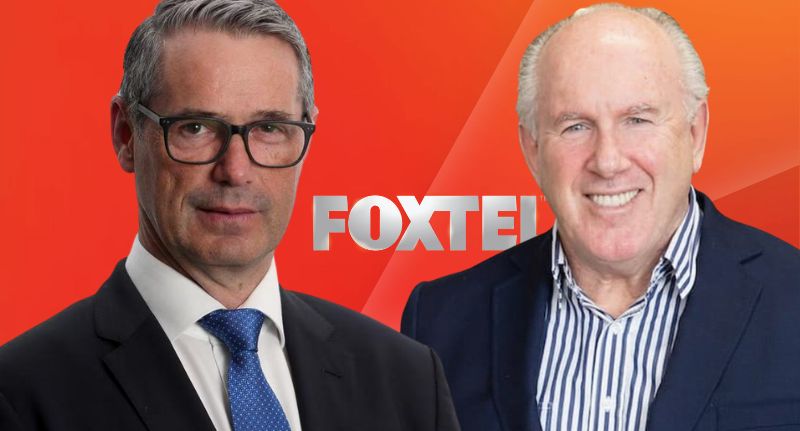Foxtel’s new owners have moved quickly to reshape the pay TV and streaming business, with former Communications Minister Stephen Conroy and Amaysim founder Peter O’Connell joining the board under DAZN’s oversight.
It follows DAZN’s $3.4 billion buyout from News Corp and Telstra earlier this year, marking one of the most significant ownership shifts in Australian media in a decade.
The refreshed board, first reported by The Australian Financial Review, also includes DAZN Global Chief Shay Segev, CFO Darren Waterman and long-serving Foxtel Chief Patrick Delany, who remains in the CEO seat and now serves as a director.
The structure speaks to DAZN’s plan to control the levers while preserving local operating continuity, at least for now.
The move arrives as Foxtel straddles two realities: legacy pay-TV decline and continued digital upside led by Kayo Sports and Binge.
Recently filed accounts show $2.9 billion in annual revenue. The company also recorded a subscription revenue dip by $8 million, with streaming growth largely cushioning the fall from its shrinking traditional pay-TV base.

Stephen Conroy
Heritage meets global ambition
In his first comments since joining, Conroy leaned into Foxtel’s local roots.
“Foxtel has a great heritage… run by Australians… producing sport and drama in Australia for Australians,” he said. “The new ownership gives us an opportunity to spread the love of Australian sport internationally.”
Conroy chairs TG Public Affairs and the Australian Professional Leagues, and has agreed to recuse himself from any Foxtel-APL negotiations, a nod to both governance and political optics given his prior cabinet role.
DAZN, for its part, has been sharpening its sports streaming ambitions globally.
Bringing in local political and telco-commercial firepower points to a board engineered to navigate rights cycles, regulatory guardrails and streaming-first growth, not simply maintain the pay TV status quo.

Peter O’Connell
Murdoch era closes, DAZN era begins
Foxtel’s sale represented a clean strategic exit for News Corp after three decades of control. It retains a 6% stake in DAZN, with Telstra holding 3%, maintaining a sliver of influence without the capital burden.
The previous board, chaired by Siobhan McKenna, long seen as one of Lachlan Murdoch’s most trusted lieutenants, has fully transitioned out.
McKenna last week stepped aside from all Murdoch-linked boards, including Illyria (Nova Entertainment), marking the end of an era for one of the most powerful figures in Australian media governance.
News Corp CEO Robert Thomson, at the time of the sale, credited Foxtel’s transformation to “tenacity, creativity and professionalism”, saying DAZN is positioned to “drive the next phase”.
What’s at stake
For DAZN, success in Australia hinges on retaining premium sport, monetising the subscriber base and pushing deeper into streaming without eroding Foxtel’s traditional cash engine too quickly.
For Foxtel, this is a test: can a global sports tech owner unlock its value faster than a legacy media ecosystem could?
Either way, Australia’s subscription video market, already one of the most competitive per-capita on earth, just gained a newly energised player with global capital and a local playbook.
